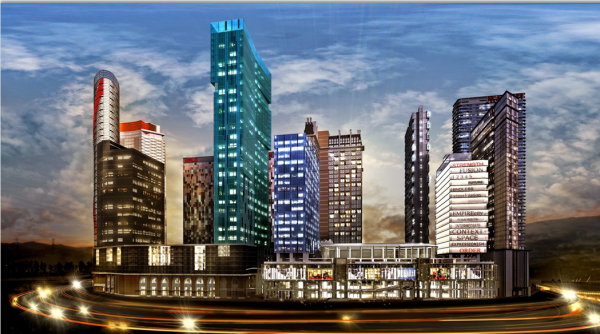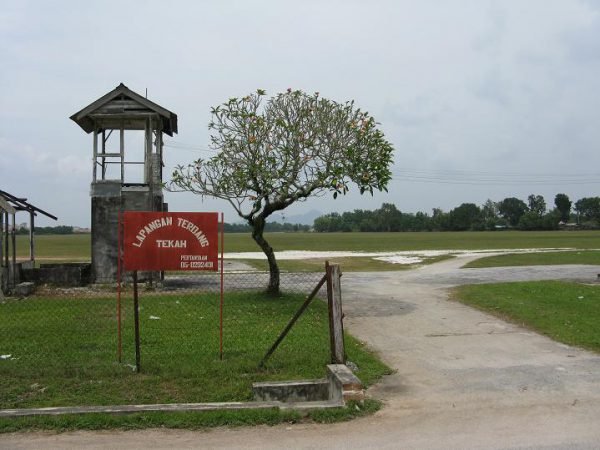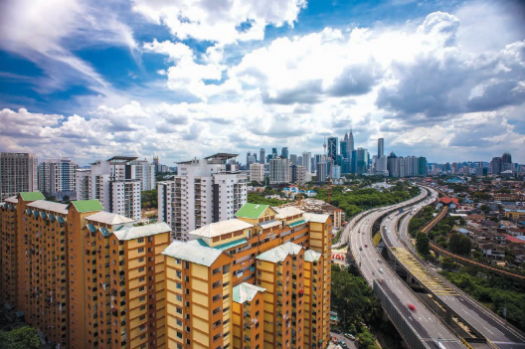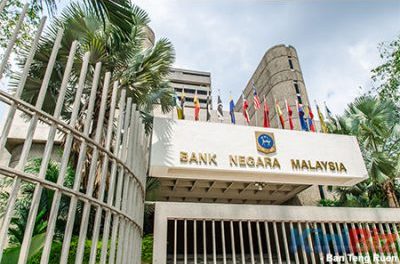Overpricing properties for ‘extra cash’
Property developers have overpriced their units to help buyers obtain extra cash, Property Managers, Estate Agents and Property Consultants in the Private Sector Malaysia (PEPS) said. Buyers secure a loan based on the inflated price in the sale and purchase agreement with extra cash at hand in what is termed as a “cash-back” feature. “Because property prices rose so much, buyers were unable to fork out the downpayment. Developers gave rebates and other freebies, but this distorted the market,” said PEPS president Michael Kong. Kong said the association has been calling for Bank Negara to come down hard on this practice, but developers continue with it. With the current Home Ownership Campaign (HOC), this practice has been “legitimised”. He also claimed that over and above the issue of rebates, freebies and the use of market studies to control prices, there is also the other issue of banks having an approved developers’ list, in which ‘there are no questions asked’ and the bank ‘will accept whatever pricing the developer comes up with’. “They overprice by 20% to 25% and put this as rebates or discounts,” Kong said. (The Star Online)

Touch ‘n Go e-wallet app (Source: The Star Online)
Touch ‘n Go eyes new products in e-financial space
CIMB Group Holdings Bhd’s 52%-owned subsidiary Touch ‘n Go Sdn Bhd is looking at expanding its product line in the e-financial segment. “[The Touch ‘n Go e-wallet app] is our foray into mobile payments and we are looking to expand. In the pipeline, we have Casa (current account, savings account) remittance, personal financing and wealth management,” said group CEO Tengku Datuk Seri Zafrul Aziz. The e-wallet can be used for retail, parking, transit for public transportation and expressways. CIMB owns 52% of Touch ‘n Go, while MTD Capital Bhd and PLUS Expressways Bhd own 28% and 20% respectively. Zafrul also revealed that CIMB is looking to double its spending on IT amounting to RM2 billion in total from 2019 to 2023. (The Edge)
Hong Kong investors snap up affordable property in Malaysia for retirement
Homebuyers in Hong Kong are looking at Malaysian property as second homes and for retirement, with Kuala Lumpur, Penang and Johor Bahru garnering a lot of interest because of affordable prices amid a supply glut. A property agent said about 35% of his clients were buying Malaysian property for retirement or as a second home. According to data from Napic, the median cost for a house in the state of Johor is RM350,000. A 300 sq ft apartment in Hong Kong, much smaller than the average flat in Malaysia, would still cost six times more. Compared to other Southeast Asian cities, property prices in Johor Bahru are “much lower”, and cost of living remains among the lowest in the world, particularly for foreign retirees under the Malaysia My Second Home (MM2H) programme. (The Edge)

Artist impression of Empire City Damansara
Mammoth Empire to clear 90% of debt in 2 months
Mammoth Empire Holding Sdn Bhd (MEH), the developer of Empire City Damansara (ECD1) in Petaling Jaya, expects to clear up to 90% of its debt within two months and complete the development by 2022. MEH recently sold 28.12ha of undeveloped land — comprising 26.3ha in Petaling Jaya meant for the Empire City Damansara 2 (ECD2) project and 1.82ha in ECD1 — to Exsim Group. Proceeds from the land sale would be used to pare down the group’s debt, said MEH executive director Datuk Danny Cheah. MEH, through its wholly-owned subsidiary, had taken a RM300 million loan four years ago for the Empire City Mall and has settled part of it. “Part of the proceeds from the Exsim deal will be used for the mall development. The mall is 80 per cent completed and we are on target to finish it by 2021,” said Cheah. (NST Online)
NGOs protest Aerodrome land sale
The fate of the Taiping Aerodrome, reputed as being the first airport established in the Federated Malay States and Southeast Asia, where the famous American aviator Amelia Earhart made a refuelling stopover for her round-the-world journey, is hanging in the balance. There are plans seemingly afoot for the sale of 16.1ha of the first airport in the then Malaya to a local property developer. Gabungan Pelindung Warisan Taiping said the state government had sold a part of the historical place to a property developer without considering the importance of its heritage and historical value, which contributed to Taiping being named a Heritage City. (NST Online)

Taiping Aerodrome, also known as Tekah Airport (Source: Wikipedia)





